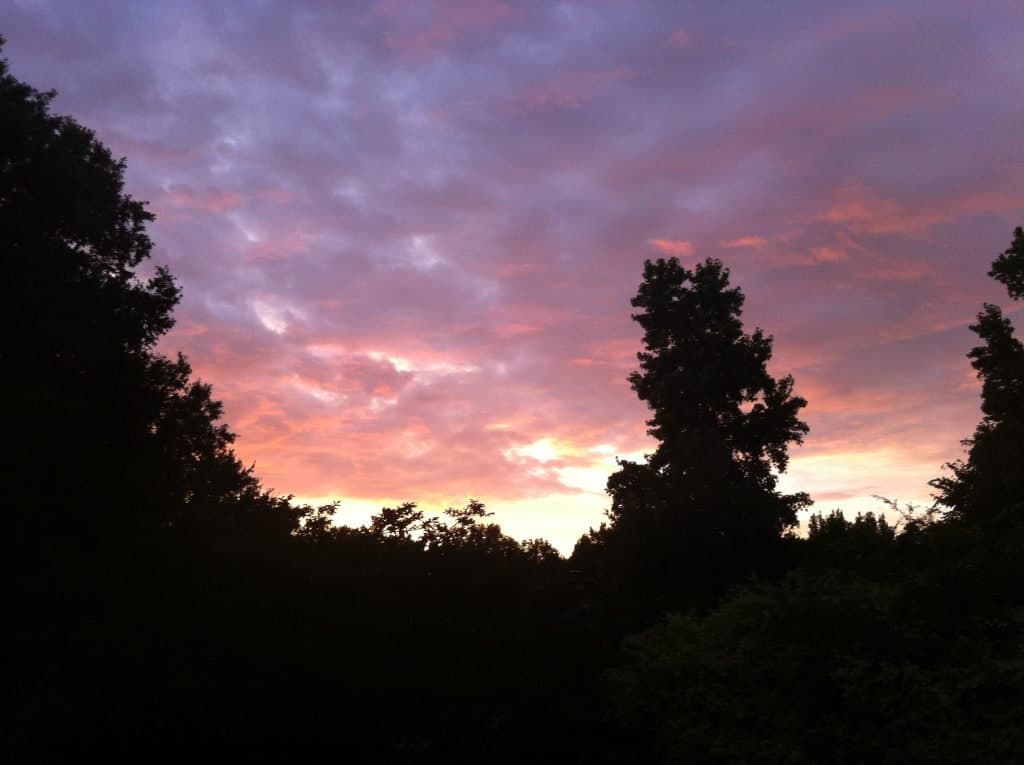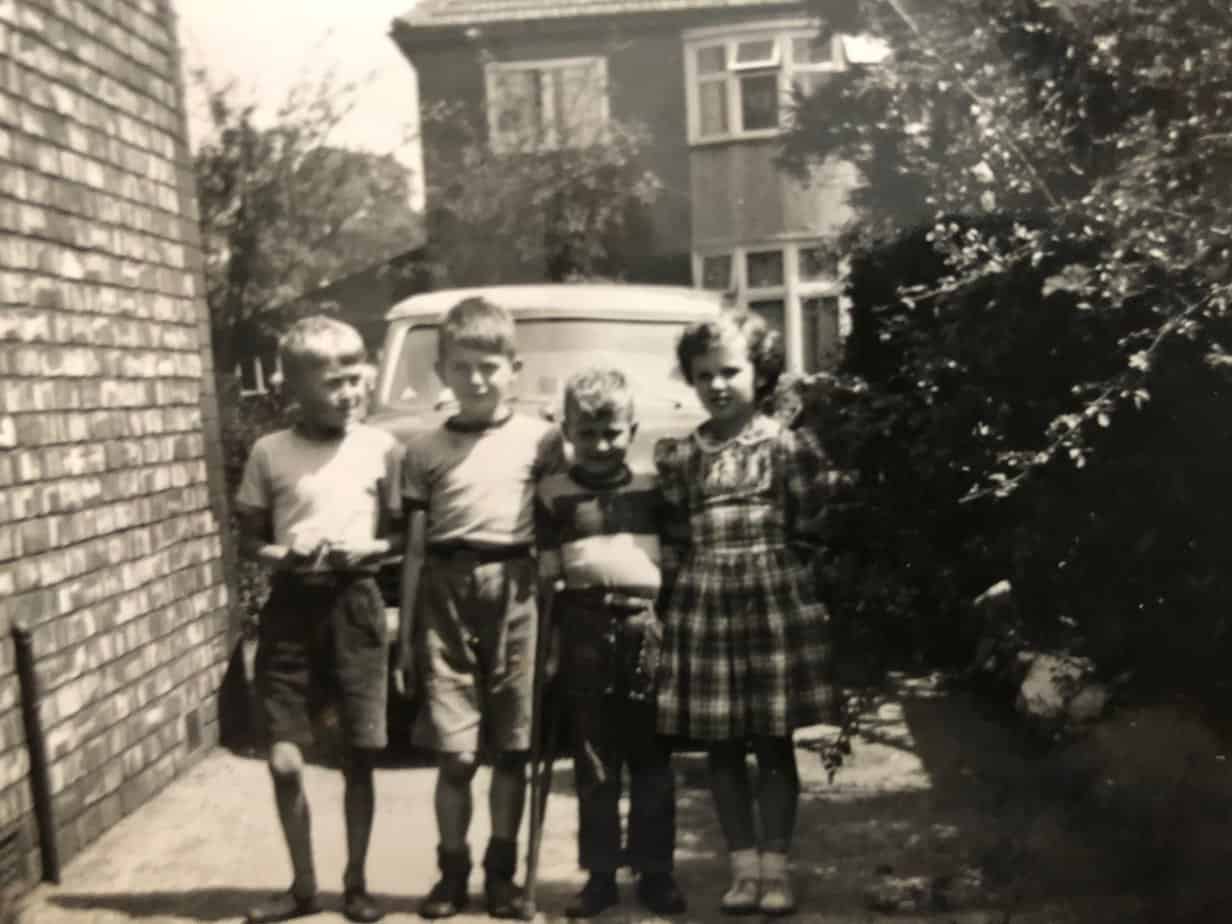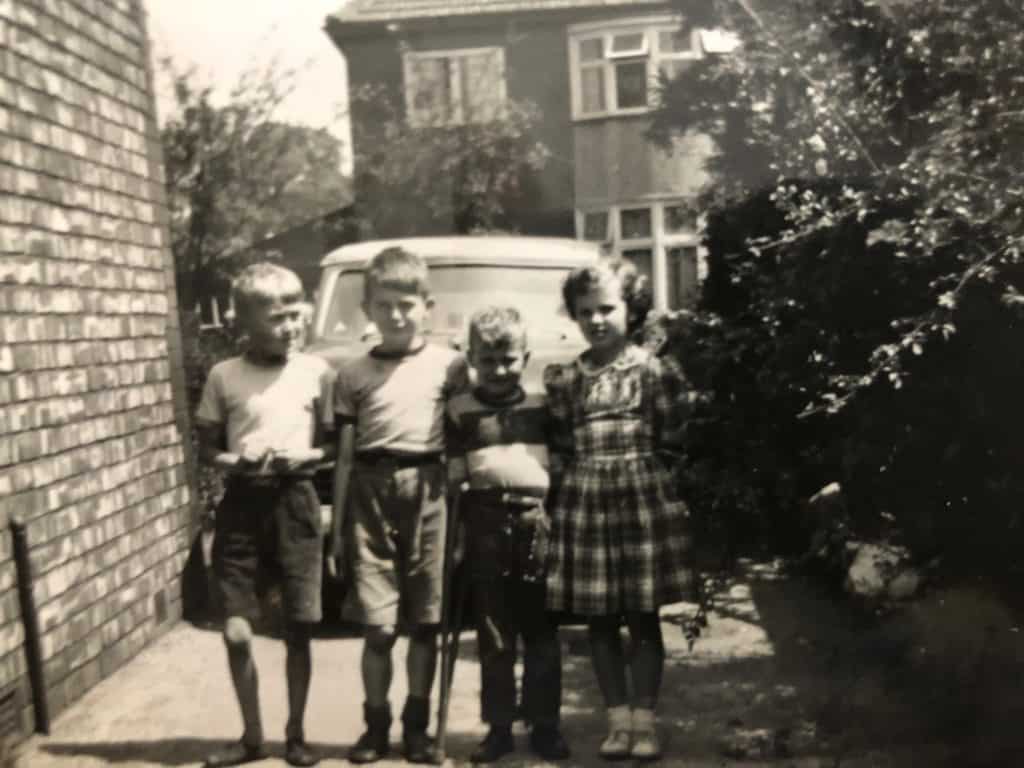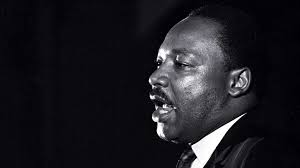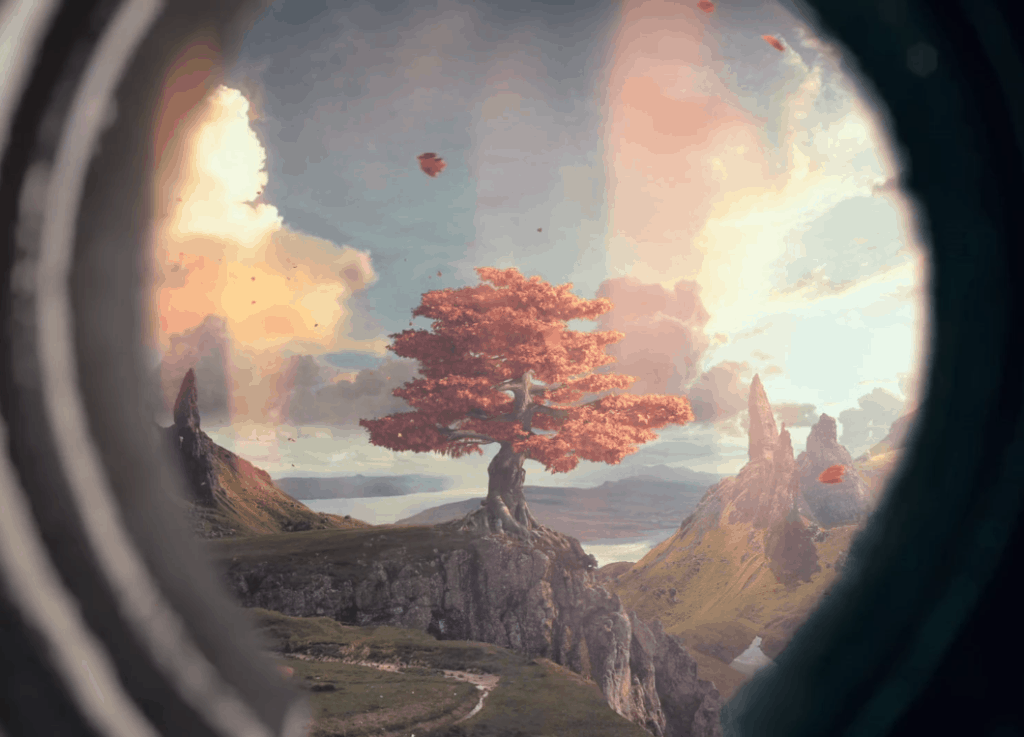I think the main problem in discussions between theists and atheists is the assumption that static categories like “the Divine,” the “supernatural,” the “natural,” and the “material” exist other than as our dualistic semantic projections upon the whole of reality as we can perceive it. Our experiences are never reductionistically “materialistic,” even in the proverbial “hard, cold” lab. Process theism, by whatever name (Whitehead, Hartshorne) seems a better way of thinking about our “reality” even if “God” might not be the word one choses to use, given the connotations from “Classic” theism (omniscience and omnipotence).
Bottom line: the very nature of reality presents us with what appear to be “mechanistic” “time and chance” “atoms and the void” phenomenon (as per Jacques Monod), but also “mind” “thought” and other transcendent “spiritualist” phenomenon as well, that seem to exhibit will, reason, and the aesthetic–hence this very blog, this topic, and the any discussion thereof. It is a simple truism that there is no way to step outside of things and make “meaningful” nihilistic declarations about the non-meaning or hyper-subjectivity of our existence. As the old joke goes: “There are no absolutes?–Are you absolutely sure of that?”

“Mind and Matter”are no opposing realities but of one whole “panentheistic” reality as witnessed by our every thought and word. Most of us agree that “magical” thinking is not a credible casual factor in our universe (angels, demons, fairies, and projected illusions) but who among us can reduce to the “normal” or the purely “material” (i.e., the four forces/fields of gravity, electromagnetic and strong and weak nuclear) our wondrous and marvelous minds and our common as well as not-so-common experiences of reality? In other words, all natural phenonema are by definition supra-natural, if by “natural” one means a truncated mechanistic view of both our inner realities and all that we experience in our world of “nature.”
So in the silence of the soul I listen for the still small voice, which is God’s call to each of us to engage in the work of love and creativity, to bring new life into the world, and to care for it and nurture it during its years of vulnerability. And whenever I see people engaged in that work of love, I sense the divine presence brushing us with a touch so gentle you can miss it, and yet know beyond all possibility of doubt that this is what we are called on to live for, to ease the pain of those who suffer and become an agent of hope in the world. That is a meaningful life. That is what life is when lived in the light of God’s presence, in answer to his call” Rabbi Jonathan Sachs
Our deepest sense of value and meaning in this world are not an anomaly or fluke, projected onto an otherwise uncaring universe. This inner sense of self is not somehow “outside” reality, and thus unreflective of its fundamental nature. Our capacities of self-consciousness, our sense of time, our existential becoming, is emergent from the “ground of being,” that nameless process rooted in the most fundamental reality. Our best clue as to the deeper nature of nature is our inner selves, reflective of the inherent capacities of reality–defined simply as “what is.” Cogito, ergo sum is not a bad beginning, if one can excise the dualism of Western language and assumptions. Whitehead called it panentheism. JDT
When I heard Beethoven’s Fifth Symphony, I knew there was joy at the heart of the universe. Paul Claudel

